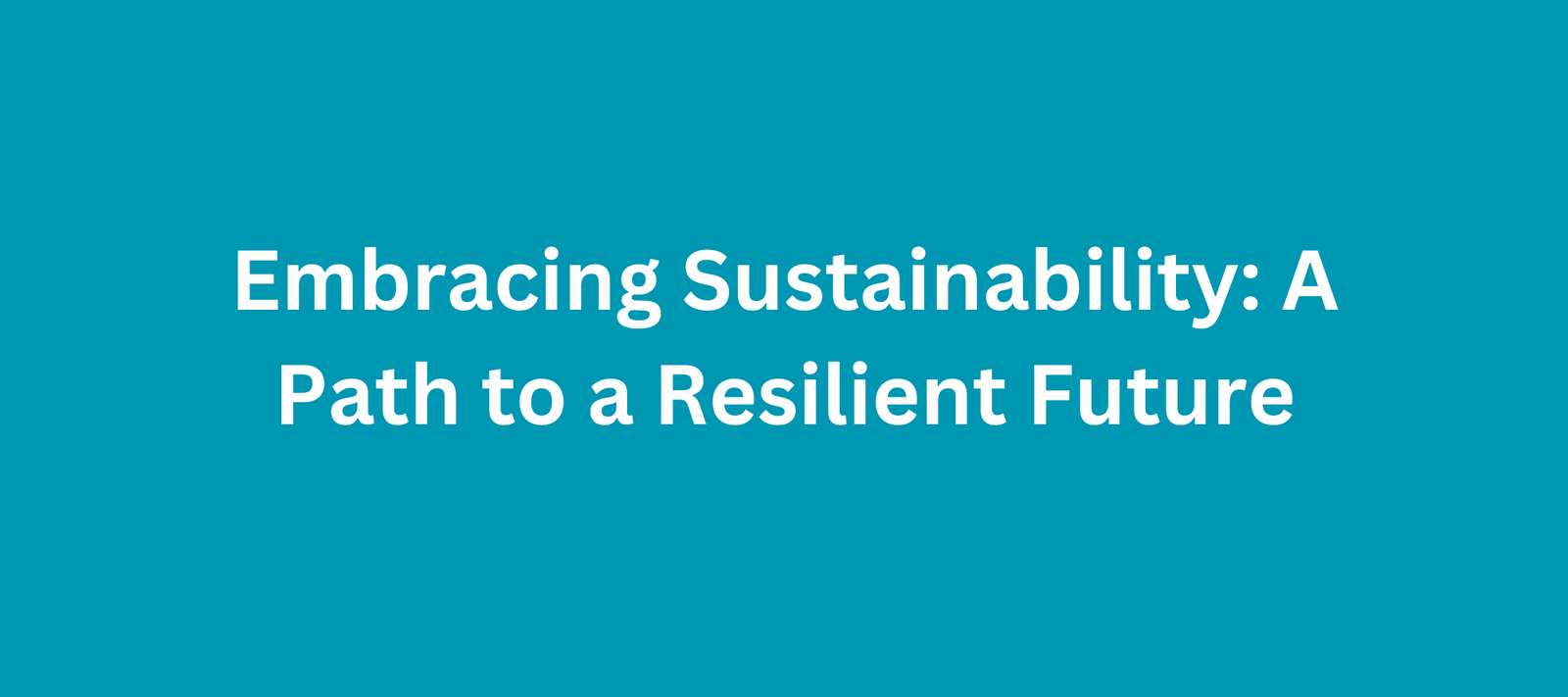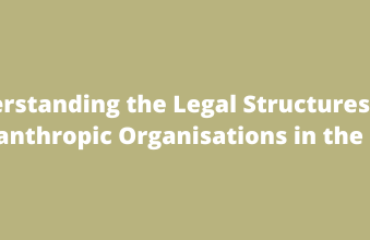In an era defined by rapid industrialisation, urbanisation, and technological advancement, the concept of sustainability has emerged as a guiding principle for shaping a better future for humanity and the planet. Sustainability encompasses the interconnected goals of environmental stewardship, social equity, and economic prosperity, aiming to meet the needs of the present without compromising the ability of future generations to meet their own needs. As we face pressing global challenges such as climate change, biodiversity loss, social inequality, and resource depletion, embracing sustainability has never been more crucial.
Understanding Sustainability:
At its essence, sustainability embodies the notion of living in harmony with nature, respecting the delicate balance of ecosystems, and safeguarding the well-being of all life forms on Earth. It entails adopting practices and policies that promote the conservation of natural resources, the protection of biodiversity, and the reduction of environmental degradation. Moreover, sustainability encompasses social justice and equity, ensuring that all individuals have access to basic human rights, opportunities for growth, and a voice in decision-making processes. Economic sustainability is also paramount, as it involves fostering inclusive growth, supporting thriving businesses, and promoting responsible consumption and production patterns.
The Three Pillars of Sustainability:
Environmental Sustainability: This pillar focuses on preserving and restoring the health of ecosystems, reducing pollution and waste, and mitigating the impacts of human activities on the environment. Measures such as transitioning to renewable energy sources, implementing sustainable agriculture practices, conserving water resources, and protecting natural habitats are essential for achieving environmental sustainability.
Social Sustainability: Social sustainability emphasises the well-being, equity, and inclusivity of communities and societies. It involves addressing social inequalities, promoting access to education, healthcare, and housing, and fostering strong social networks and resilient communities. Empowering marginalised groups, promoting diversity and inclusion, and upholding human rights are central to advancing social sustainability.
Economic Sustainability: Economic sustainability focuses on fostering economic growth and prosperity while ensuring the responsible use of resources and the equitable distribution of benefits. It involves promoting innovation, creating decent jobs, and supporting sustainable business practices. Transitioning to a circular economy, which aims to minimise waste and maximise resource efficiency, is a key strategy for achieving economic sustainability.
Embracing Sustainable Practices:
Embracing sustainability requires a fundamental shift in mindset and behaviour at individual, community, and institutional levels. It involves making conscious choices in our daily lives, such as reducing our carbon footprint, conserving energy and water, minimising waste, and supporting environmentally friendly products and businesses. Communities can promote sustainability through urban planning and design, sustainable transportation options, and green infrastructure projects. Furthermore, governments, businesses, and civil society organisations play a critical role in driving systemic change by implementing policies and initiatives that prioritise sustainability, investing in renewable energy and clean technologies, and fostering collaboration and innovation.
The Benefits of Sustainability:
Embracing sustainability offers a multitude of benefits for both people and the planet. By conserving natural resources, protecting ecosystems, and reducing pollution, we can safeguard biodiversity, mitigate climate change, and ensure a healthy environment for future generations. Socially, sustainability promotes equity, justice, and well-being, fostering inclusive societies and resilient communities. Economically, sustainability drives innovation, creates new job opportunities, and enhances competitiveness, while also reducing risks associated with resource scarcity and environmental degradation.




